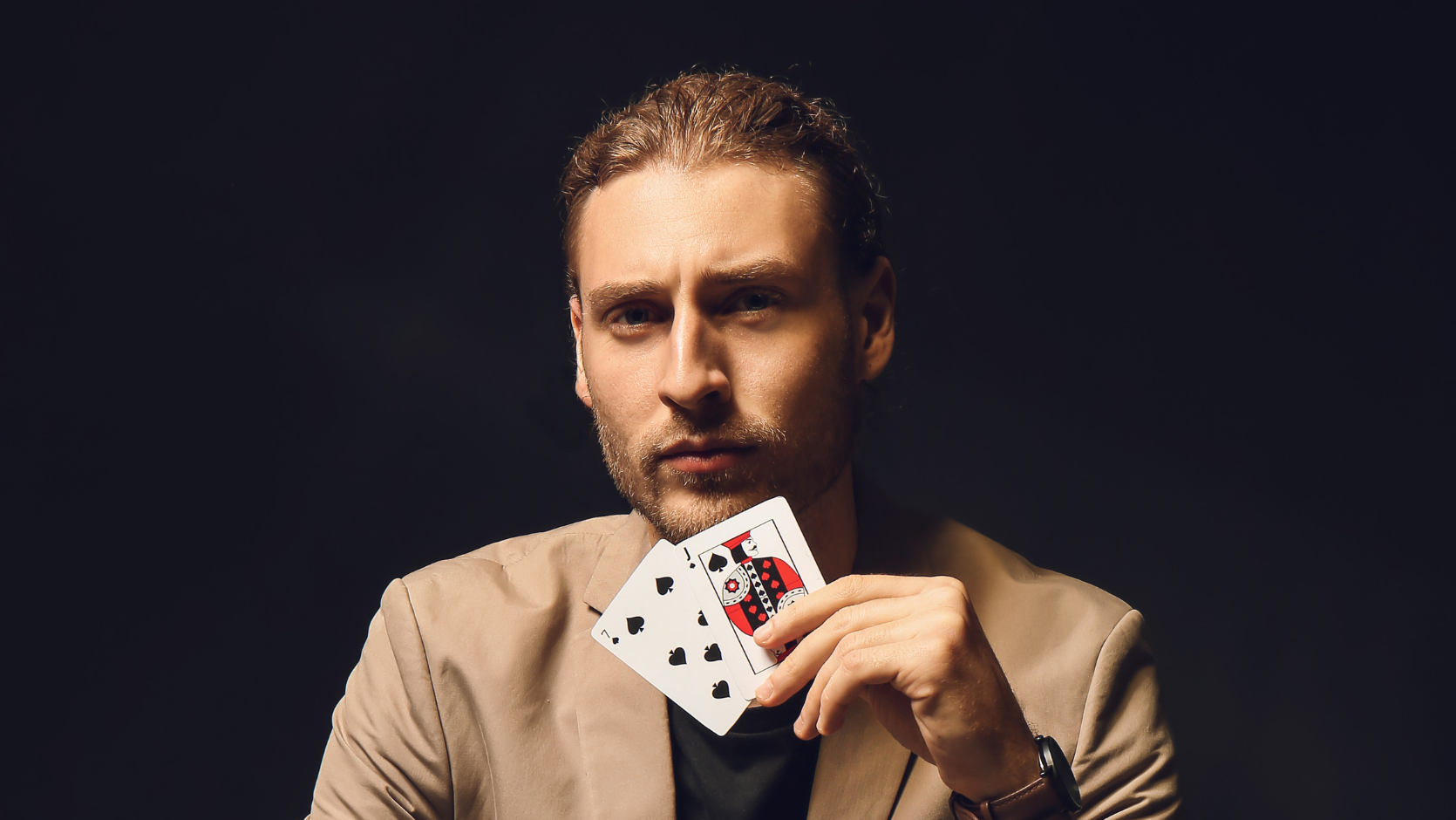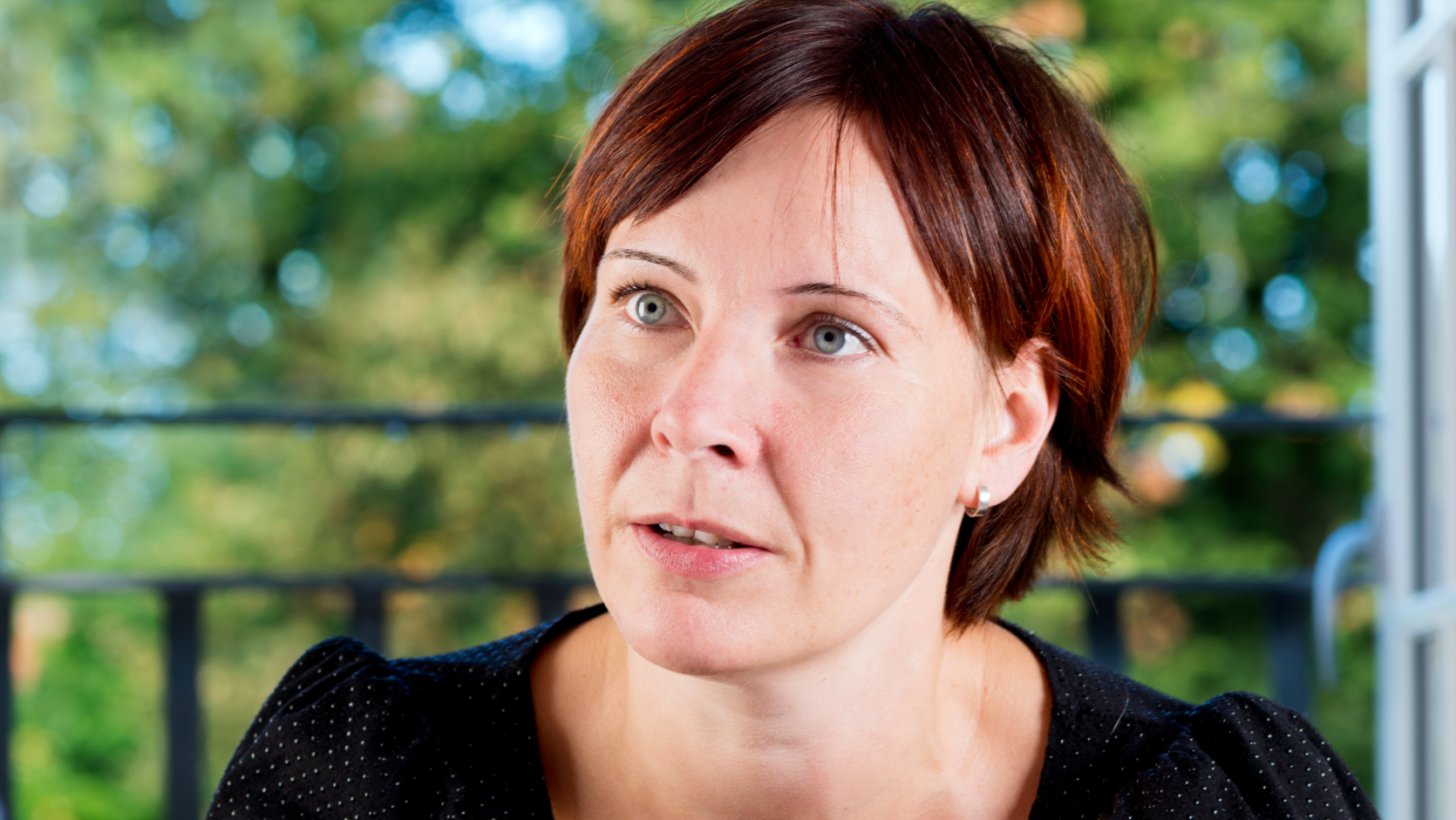The Facts
Gambler develops gambling addiction
In July 1994, at the age of 27, a gambler commenced gambling at a casino in Melbourne.
Over the course of 1994 he lost $110,000 of his father’s money at the casino.
He was also charged with defrauding a finance company of approximately $286,000, an offence which he sought to mitigate by asserting that it was committed to support a gambling addiction.
The gambler was referred to a program for problem gamblers, as well as to a clinical psychologist specialising in gambling-related diseases.
He was diagnosed as a “classic pathological gambler”.
Gambler excluded from casino
While the criminal proceedings were pending, the gambler applied for and was granted a self-exclusion order by the casino.
The gambler was then sentenced to four months in jail.
After serving his prison sentence, the gambler applied to the casino to revoke the self-exclusion order.
His application was accompanied by a psychologist’s report, stating that the gambler’s treatment had been “very successful” and that he “no longer [felt] the pathological compulsion to gamble which had plagued him in earlier times”.
The casino granted the gambler’s application and revoked the self-exclusion order.
However, it replaced the self-exclusion order with a withdrawal of licence (WoL), meaning that the gambler was still not allowed to enter or remain on the casino’s premises.
The WoL was related to the fact that the gambler had been charged with armed robbery and at the time the matter was before the courts.
The gambler tried repeatedly, but unsuccessfully, to have the WoL revoked.
Casino welcomes gambler back
In 2000, the gambler moved to the Gold Coast, where he held himself out to the world as a very successful businessman who made a lot of money out of property development and who managed to combine his role in real estate with recreational gambling.
The casino became aware that the gambler was gambling large sums of money at other casinos around the world, and so it initiated contact with him to discuss his return to its premises.
In January 2005, the casino revoked the WoL and welcomed the gambler back.
Gambler suffers large losses and sues casino for unconscionable conduct
Between June 2005 and August 2006, the gambler visited the casino 28 times.
The casino provided him with luxury perks, including private jet travel, gambling rebates and special credit facilities.
The gambler had a string of wins at the casino, but by August 2006 his fortunes had turned.
He commenced legal proceedings in the Victorian Supreme Court, claiming that the casino had engaged in unconscionable conduct.
The Supreme Court dismissed the gambler’s claim, and he appealed to the Victorian Court of Appeal.
When that court also dismissed his claim, he appealed to the Hight Court of Australia.














Expert commentary on the court's decision
High Court rules in favour of casino
In Kakavas v Crown Melbourne Limited [2013] HCA 25, the High Court ruled in favour of Crown Casino, rejecting the argument of the gambler, Mr Harry Kakavas, that his pathological addiction to gambling was a special disadvantage which Crown Casino had knowingly exploited.
Little scope for court to intervene based on facts
The High Court made several preliminary observations to emphasise that it had little scope to intervene to undo transactions “undertaken on the unmistakable footing that no quarter is asked, and none is given by either party to the transaction, at least so long as the transaction has been conducted honestly in accordance with the rules of the game”.
The court observed that the law does not relieve a person, such as Mr Kakavas, of the consequences of thoughtless transactions conducted in the ordinary and undistinguished course of a lawful business.
The High Court also noted that Mr Kakavas’s activities took place in a commercial context, in which the unmistakable purpose of each party was to inflict loss upon the other party to the transaction.
Difficulty of claiming “victimisation” of gamblers by casino
Of casinos in particular, the High Court said:
The court also distinguished Mr Kakavas’s status as a high roller from other scenarios, such as “a casino operator preying upon a widowed pensioner who is invited to cash her pension cheque at the casino and to gamble with the proceeds.”
The court went on to elaborate:
Focus at trial on enticements offered by casino to gambler
To win his claim, Mr Kakavas needed to point to conduct on the part of Crown Casino beyond the ordinary conduct of its business, which would make it just for the court to require the casino to restore Mr Kakavas to his previous financial position.
At trial in the Supreme Court, Mr Kakavas sought to do this by focusing on the luxury perks the casino offered to him. He argued that the casino deliberately preyed upon his personality flaws to entice him to gamble in its establishment.
The trial judge rejected this argument, saying that offering standard VIP complimentary benefits was a legitimate form of competition to acquire the business of a man who was already enmeshed in the high-roller world.
This argument also failed on appeal to the Victorian Court of Appeal.
Focus at High Court on activities at gaming tables
Before the High Court, Mr Kakavas changed tack, focusing instead on the casino’s acceptance of the benefit of his undisciplined activities at the gambling tables.
Of this strategy, the High Court said:
Gambler did not suffer from special disadvantage
In finding that Mr Kakavas did not suffer from a special disadvantage at the gambling tables, the High Court relied on several of the trial judge’s findings, including that Mr Kakavas’s level of functioning was unremarkable and his finances were to outward appearances in sound shape.
Also relevant were the trial judge’s inferred preference for the casino’s medical expert evidence and his explicit rejection of the statement by Mr Kakavas’s medical expert that Mr Kakavas found it “virtually impossible to resist his urges to resume gambling.”
The High Court described these findings as quite inconsistent with a view of Mr Kakavas as a person unable to make a responsible decision as to whether he could afford to indulge himself as a high roller and whether he should or should not do so.
Crown did not knowingly exploit gambler
The High Court also found that none of the circumstances put forward by Mr Kakavas required the trial judge to find that the casino had knowledge of a special disadvantage.
This included the circumstances of Mr Kakavas’s fraud offence, his history of gambling problems and treatment for them, his self-exclusion order, the WoL, his losses in Las Vegas, and the psychologist’s inability to do an assessment on Mr Kakavas’s suitability for re-admission to the casino.
The High Court also accorded significant weight to the trial judge’s assessment of how Mr Kakavas presented. Specifically, the trial judge noted that Mr Kakavas did not present as a target for victimisation by the casino any more than the other high rollers who were feted while they chose to gamble there.
Don’t rely on a casino to rein in your gambling
This case demonstrates the high bar for proving unconscionable conduct by casinos towards problem gamblers.
The diagnosed problem gambler remains responsible for their own gambling decisions, unless they can establish that the problem gambling constituted a special disadvantage and that the casino knowingly exploited that disadvantage. As a high roller, it was difficult for Mr Kakavas to establish this.
The safest approach for anyone concerned about their gambling is to seek treatment and to self-exclude from casinos, rather than relying on a casino to restrict their gambling.